Environmental Service
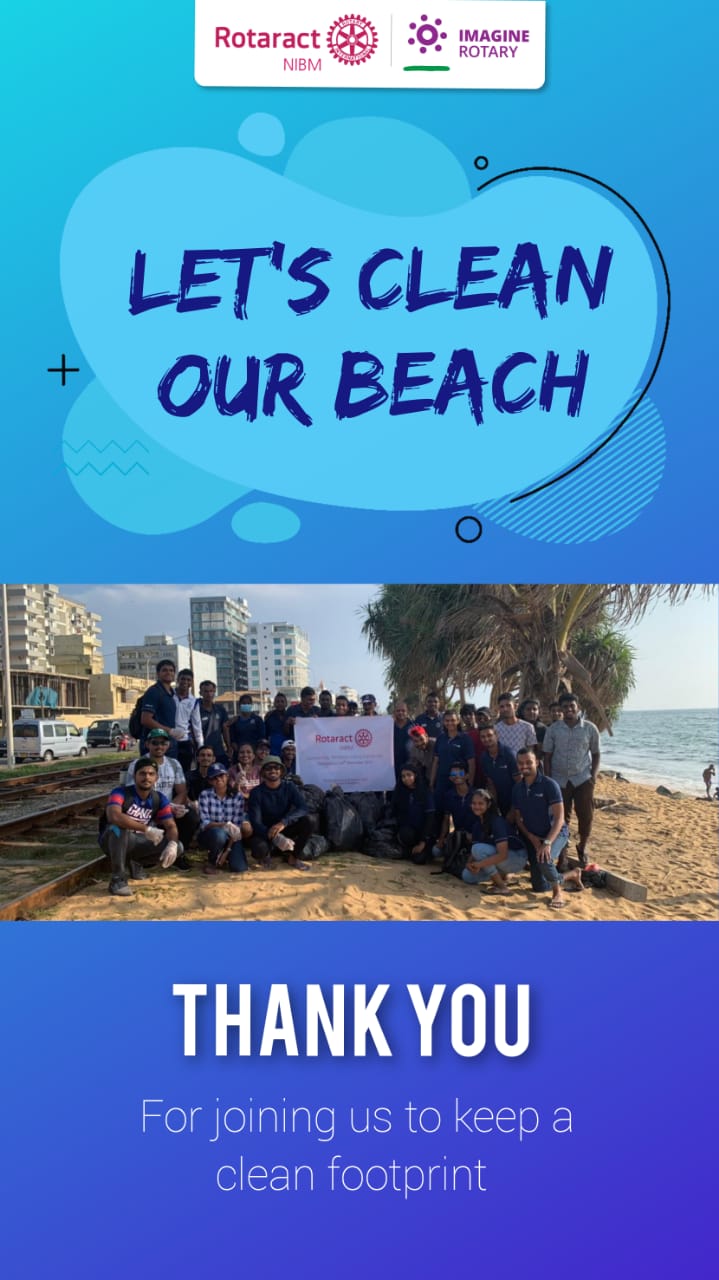
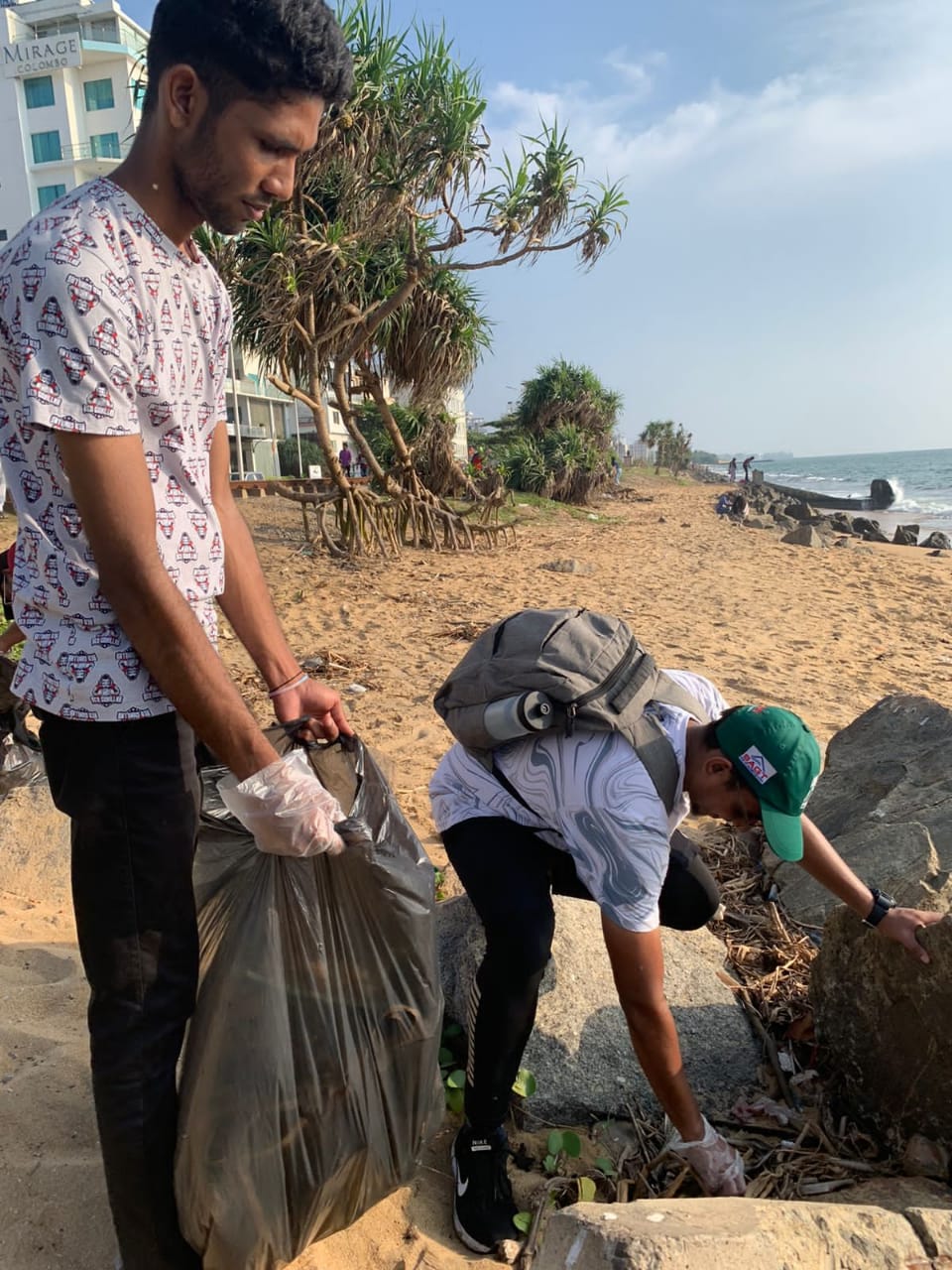
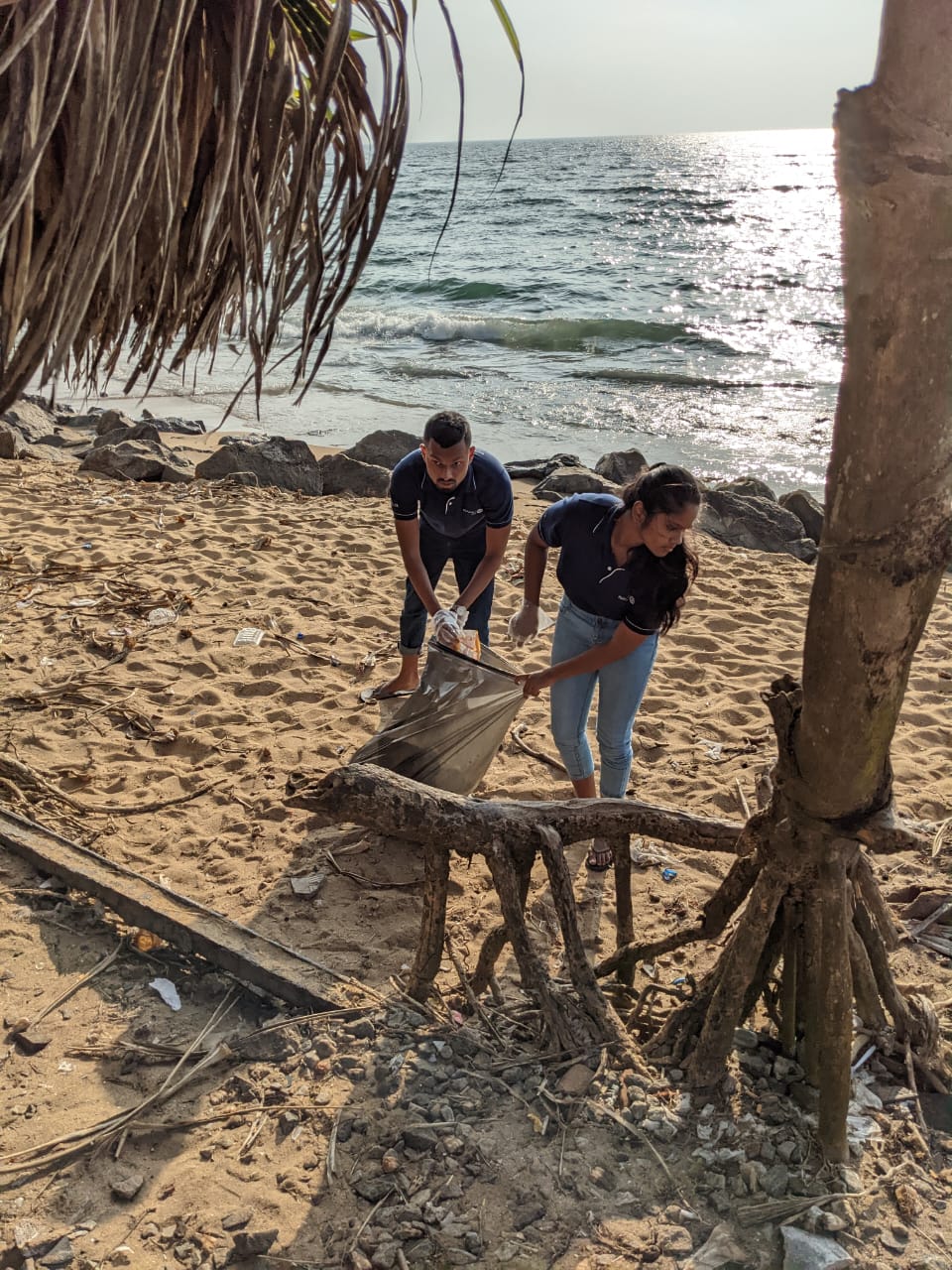
Let's Clean Our Beach
Plastic pollution is a grave threat to oceans, harming marine life and humans. Millions of tons of plastic are dumped into the oceans, impacting marine species’ growth and causing dead zones. Oceans are vital for oxygen production, carbon dioxide absorption, and temperature regulation. Unfortunately, the pollution enters the food chain, affecting humans through microplastic consumption. The “Let’s Clean Our Beach” project combats this issue through beach cleanups and awareness campaigns. It emphasizes our responsibility to reduce damage and safeguard our oceans.
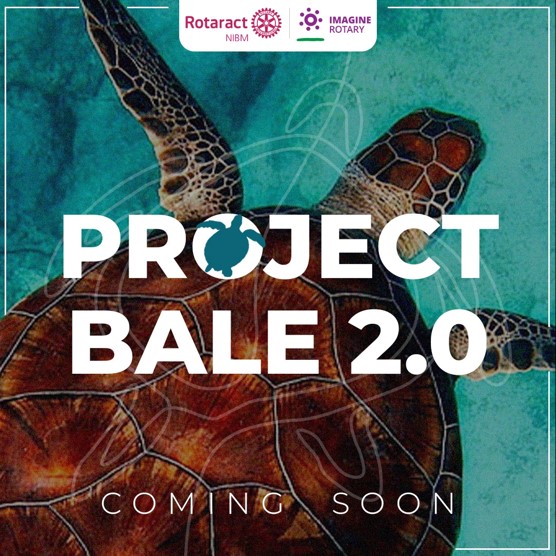
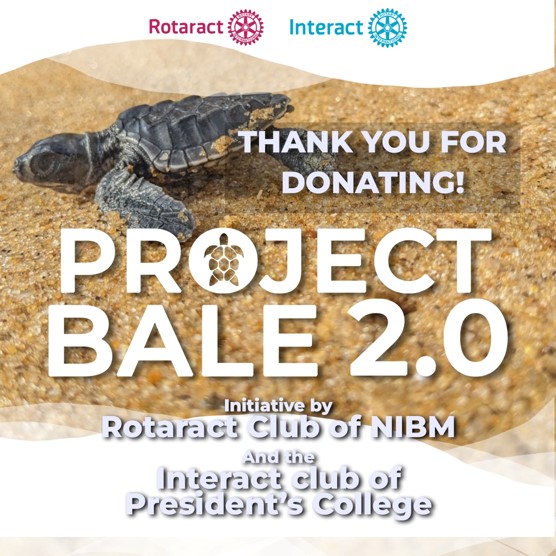
Bale 2.0
BALE 2.0 is a project by the Rotaract Club of NIBM aimed at improving the welfare of marine life, particularly sea turtles. The project addresses the pressing issue of ocean pollution, with millions of tons of plastic being dumped into the oceans each year, endangering various species. Sea turtles, facing extinction, are adversely affected as they mistakenly consume plastic, mistaking it for their main food source, jellyfish. Human activities such as poaching, overexploitation, habitat destruction, and accidental capture further threaten sea turtles’ survival. The Rotaract Club of NIBM decided to contribute to the cause by supporting a hatchling facility, caring for injured turtles, and helping young turtles make their way into the ocean. They conducted a one-day program involving feeding, disinfecting, cleaning tanks, donating equipment, and organizing beach cleanups to release baby turtles into the sea.
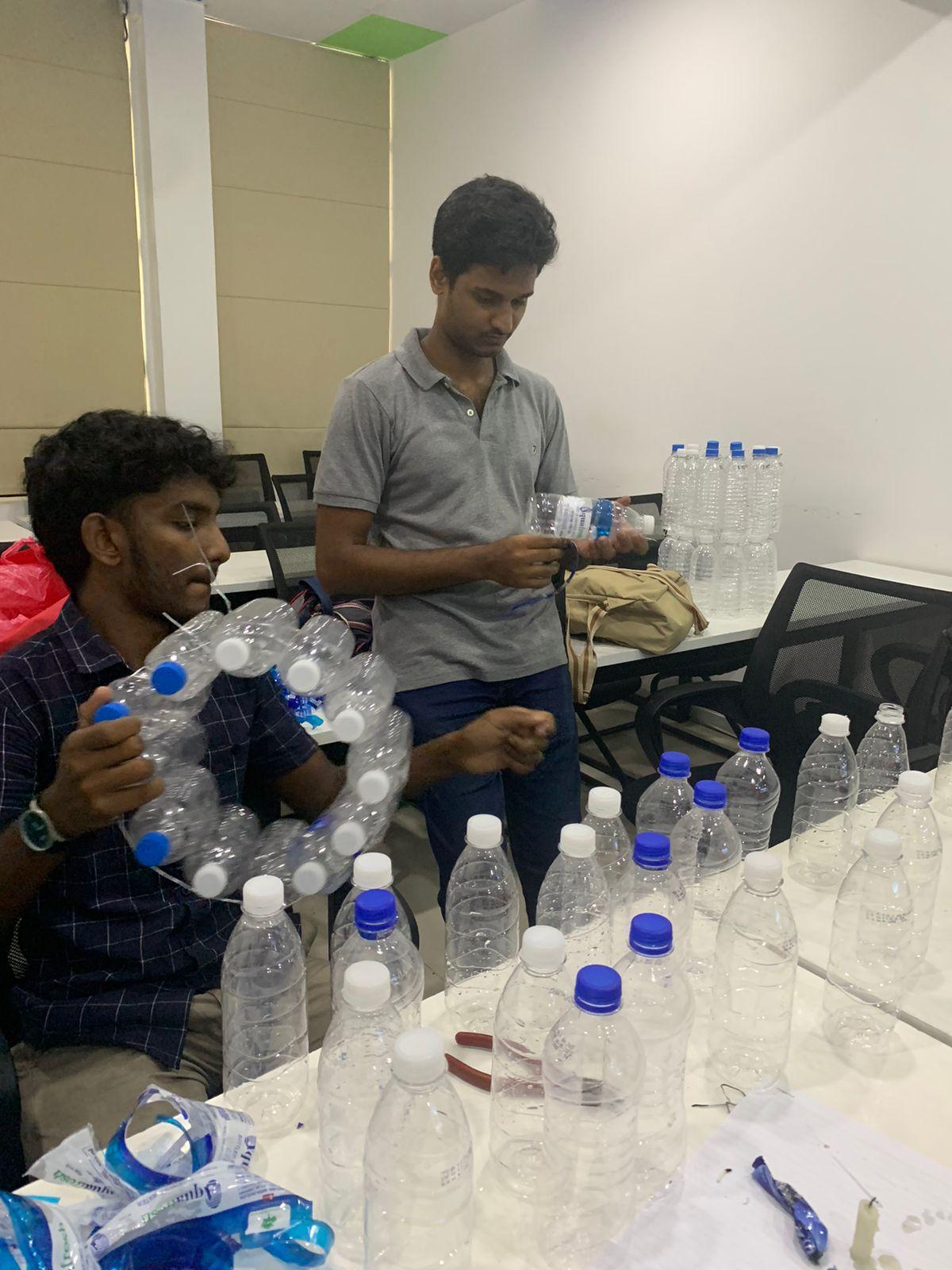
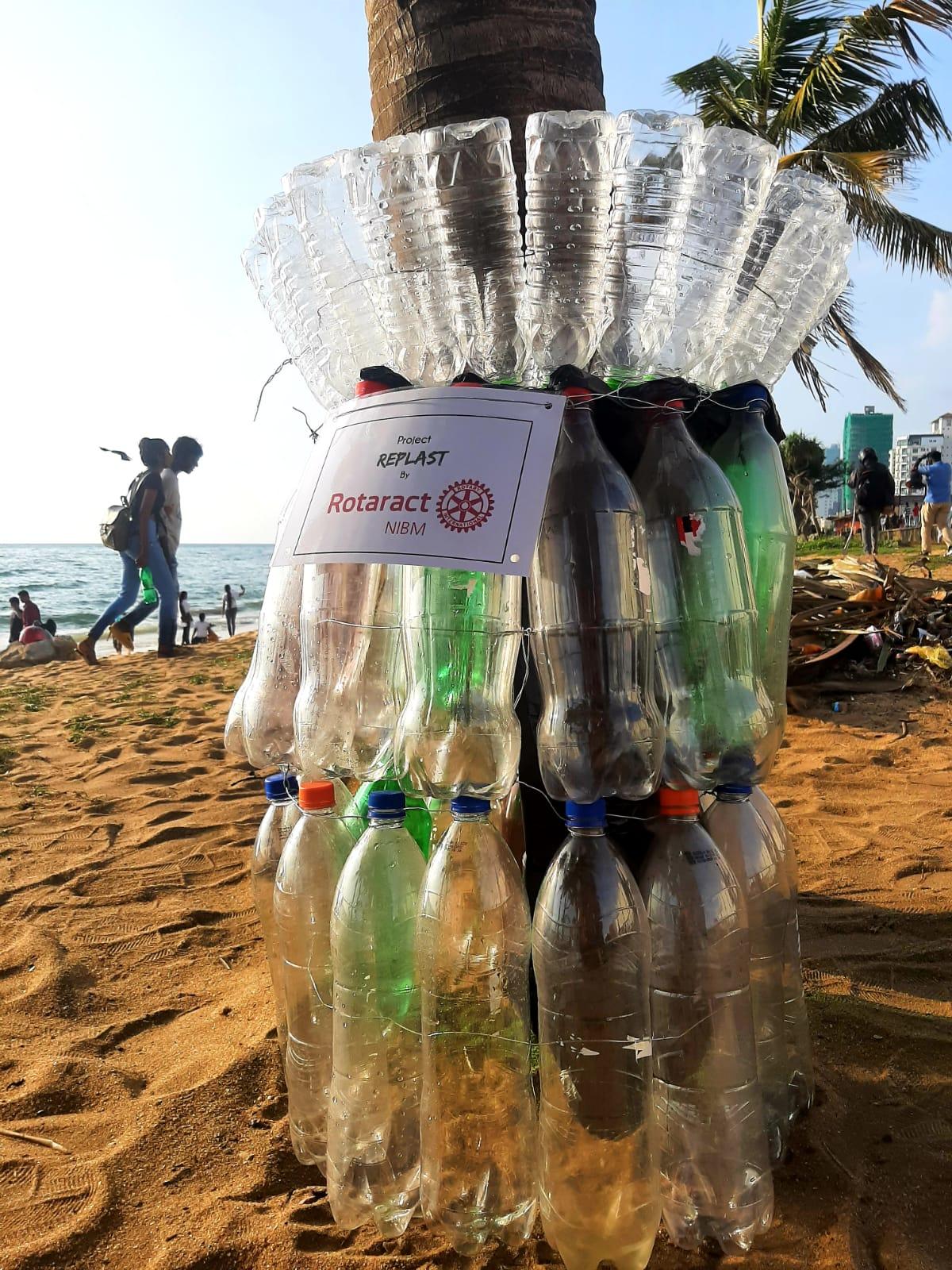
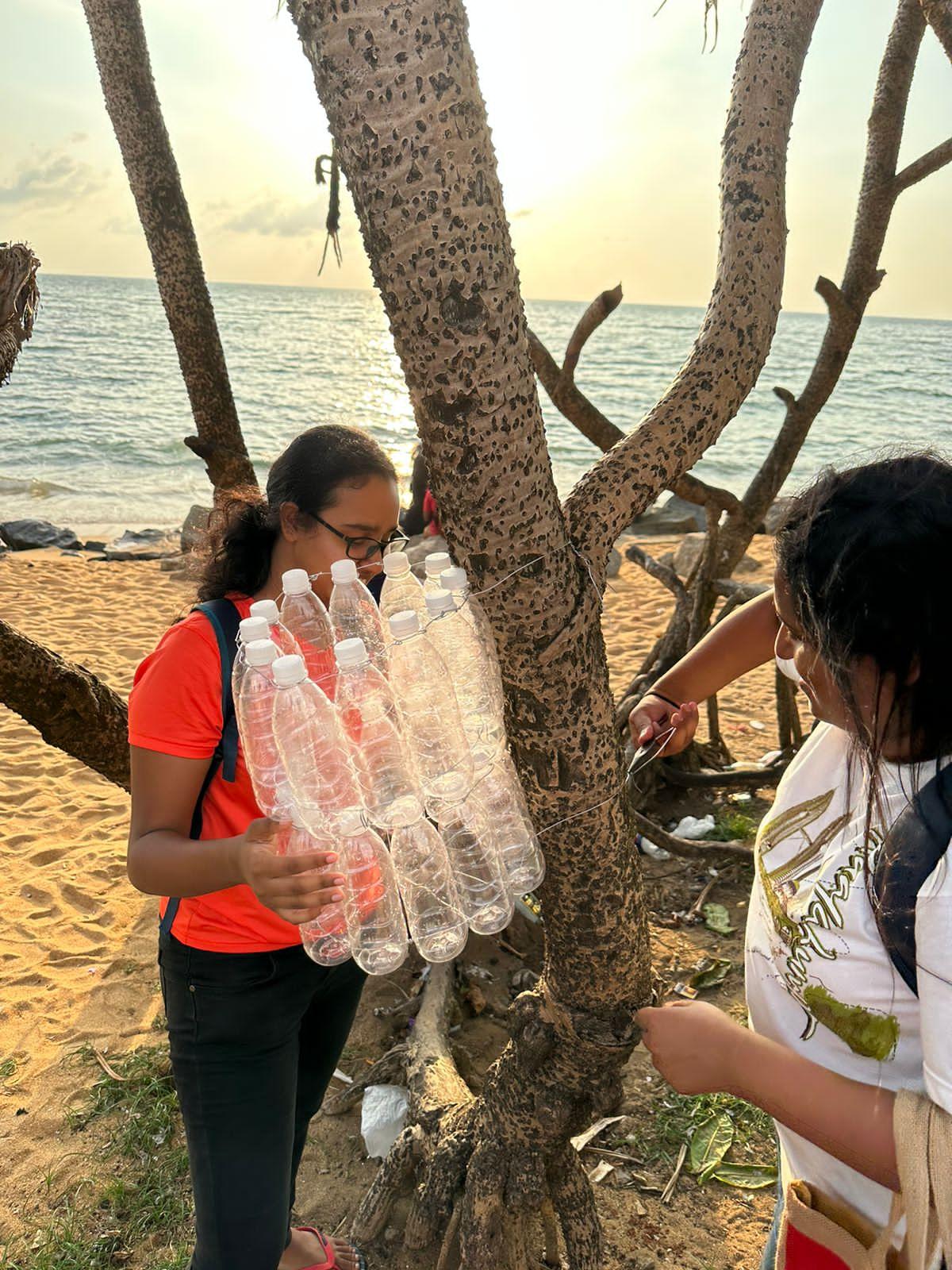
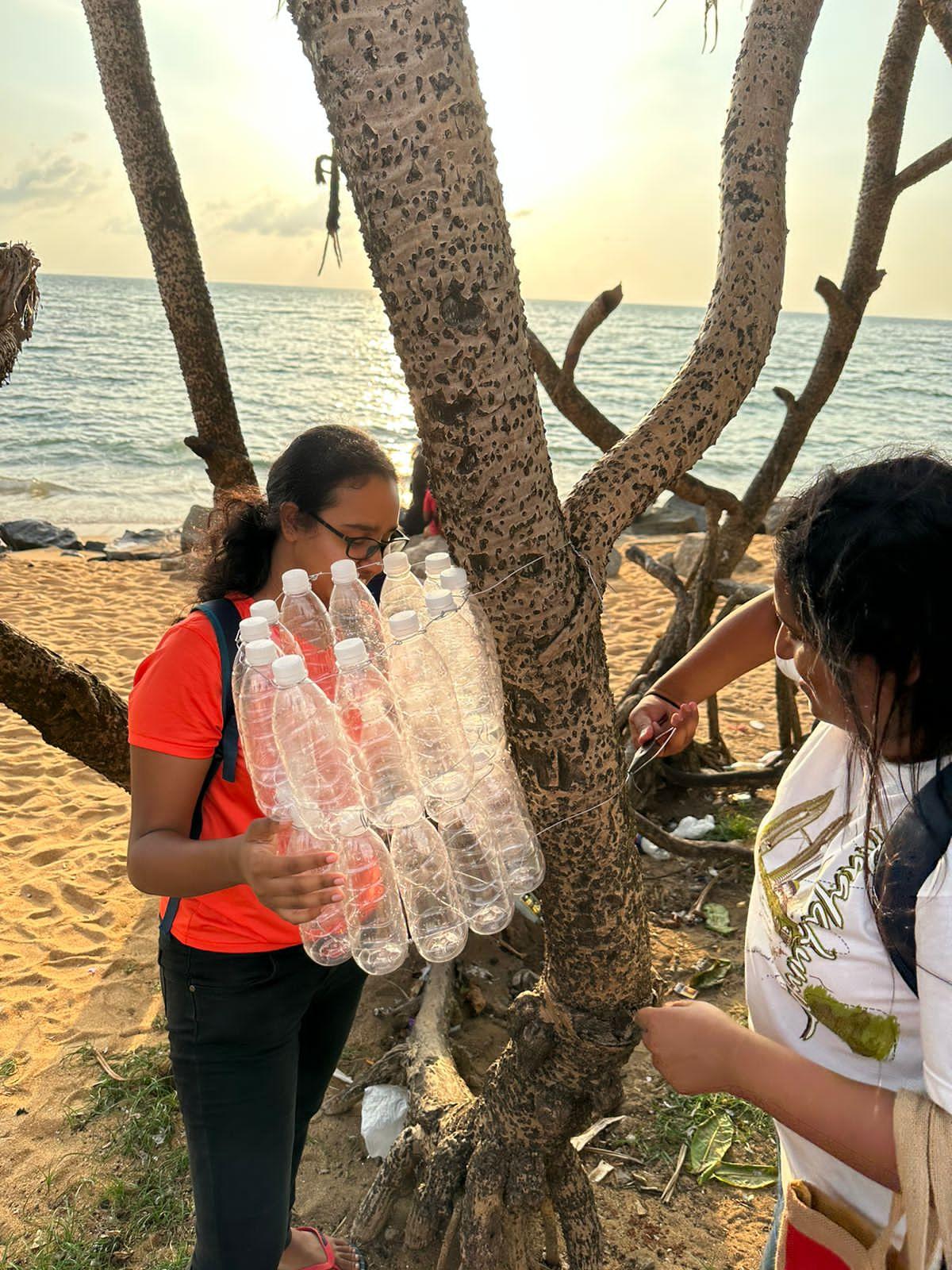
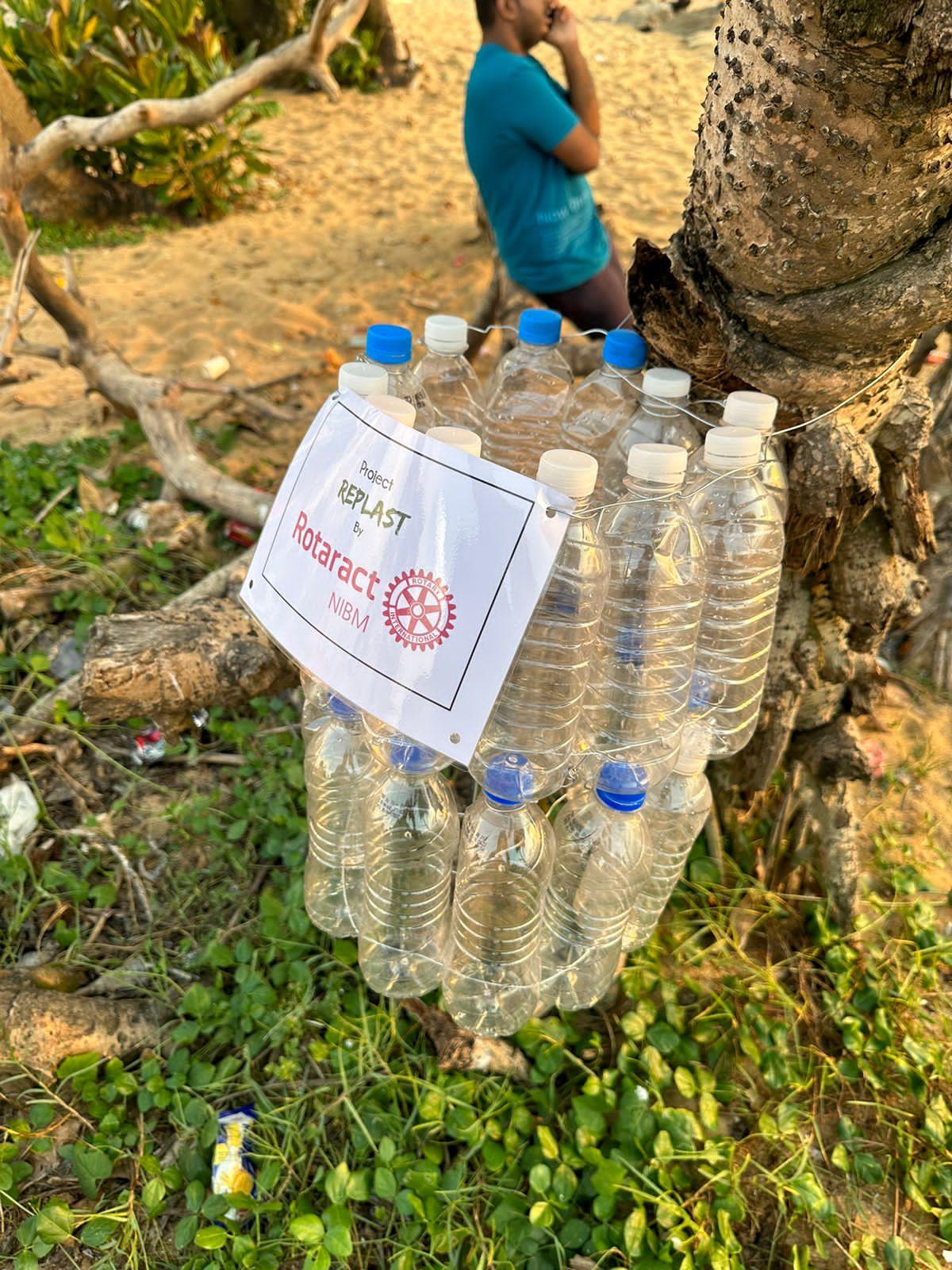
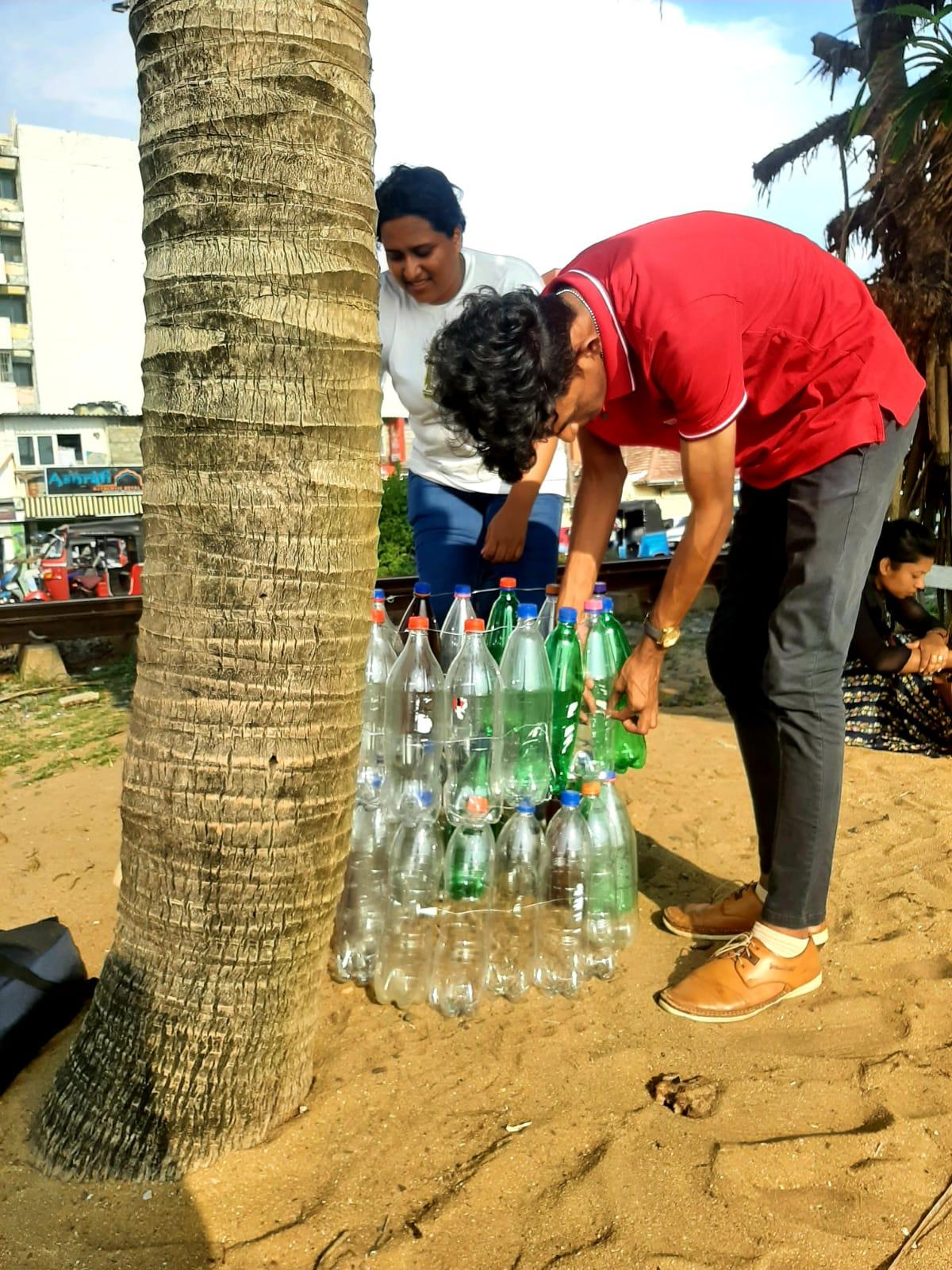
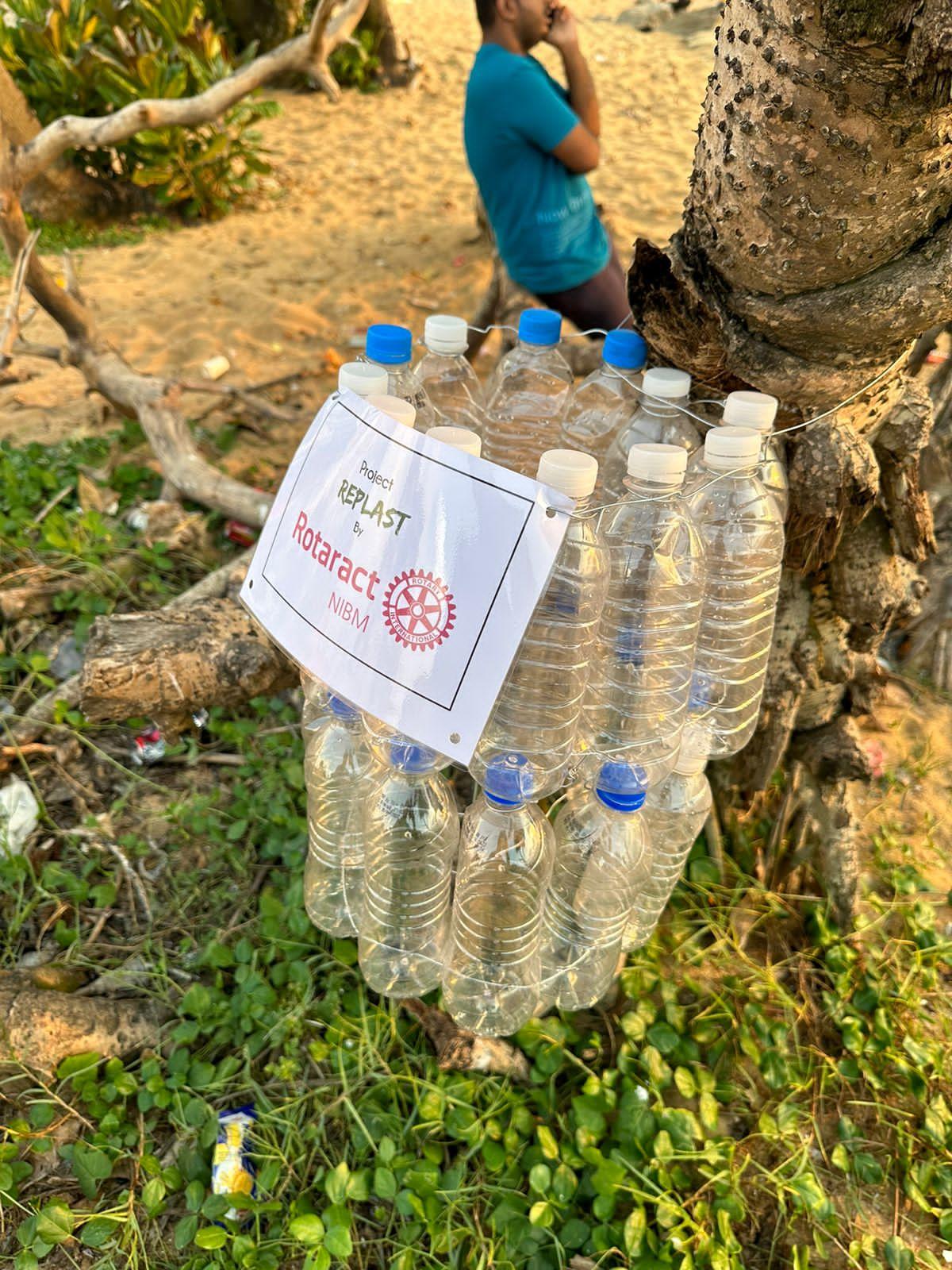
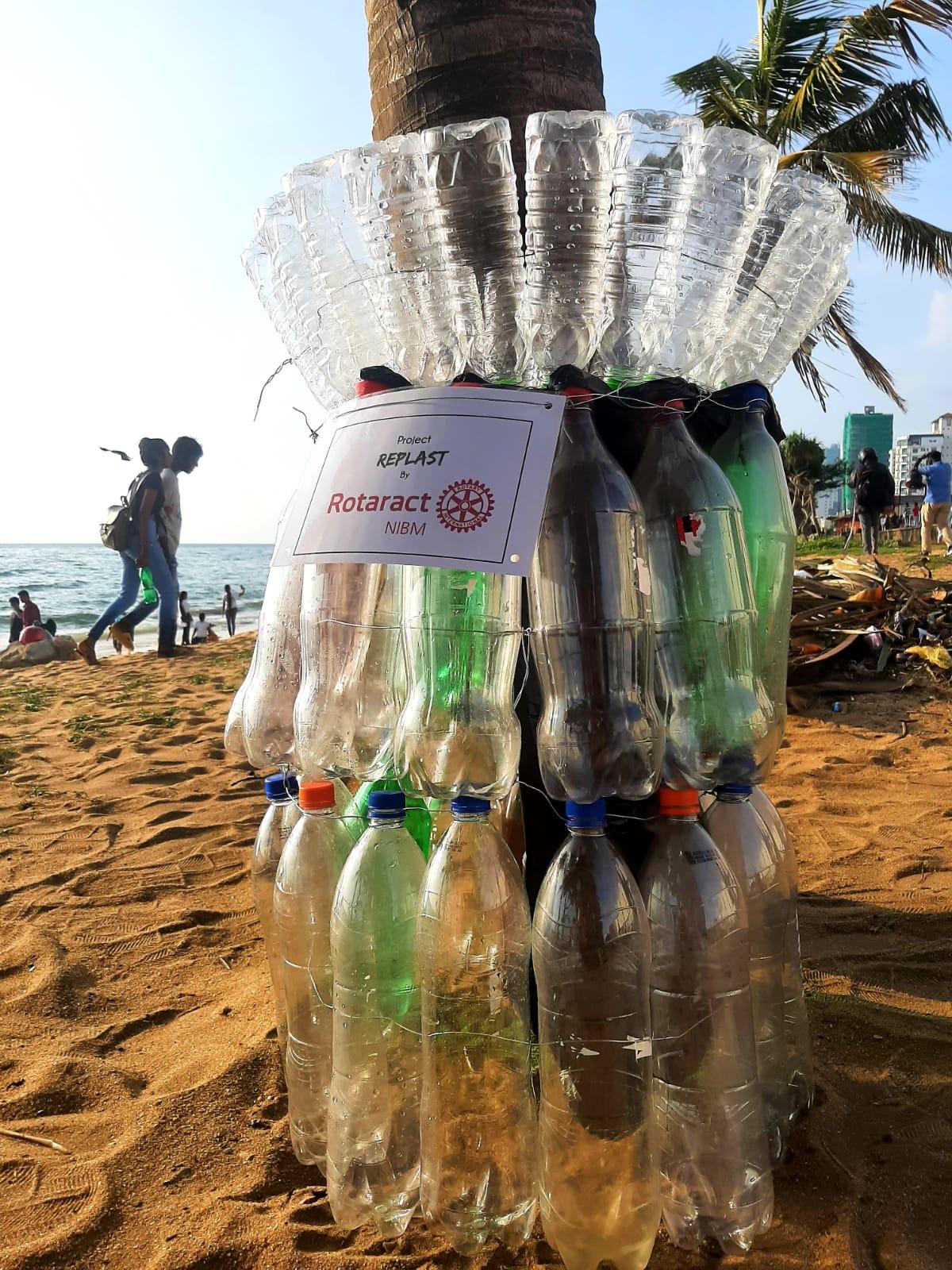
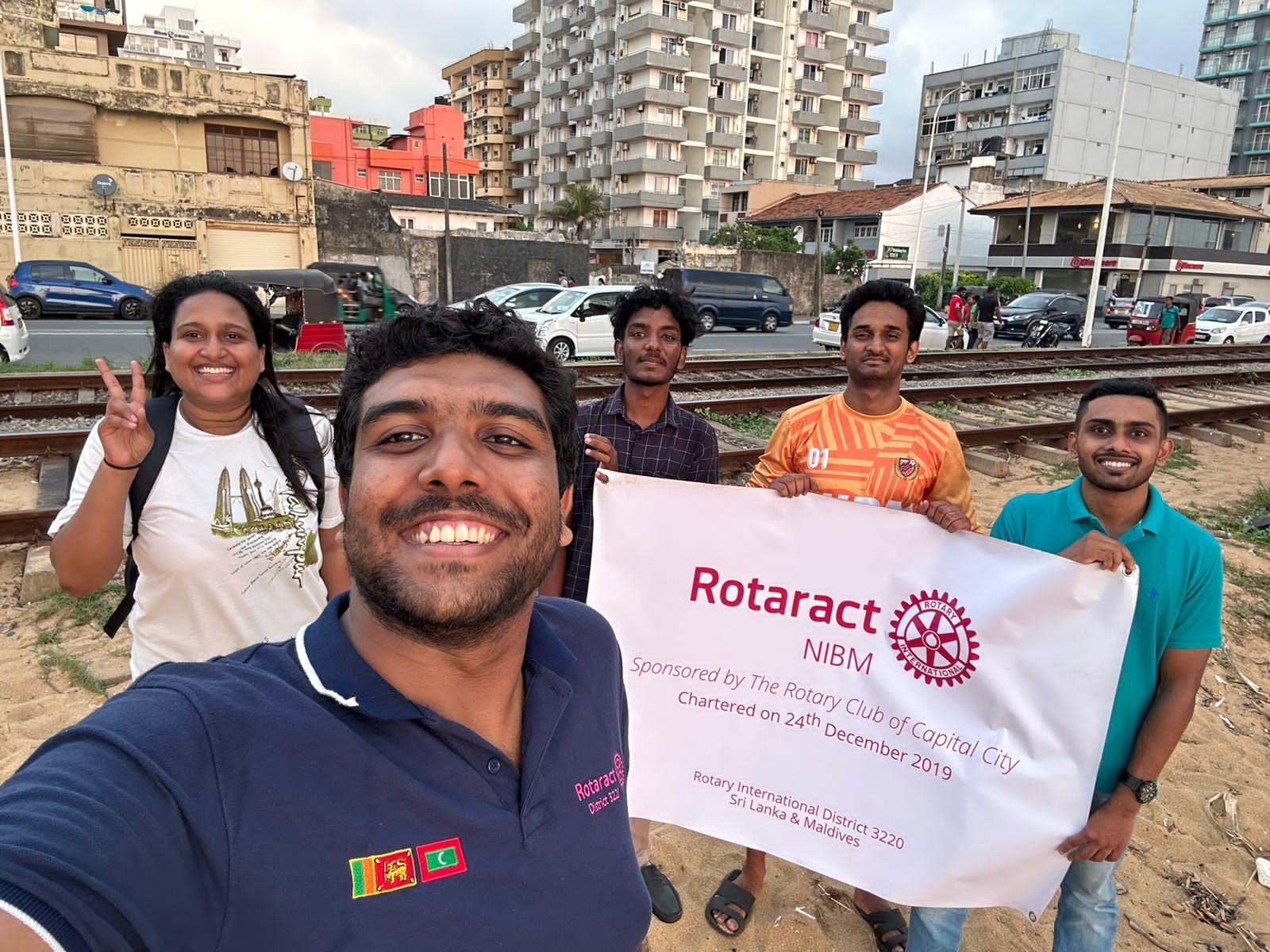
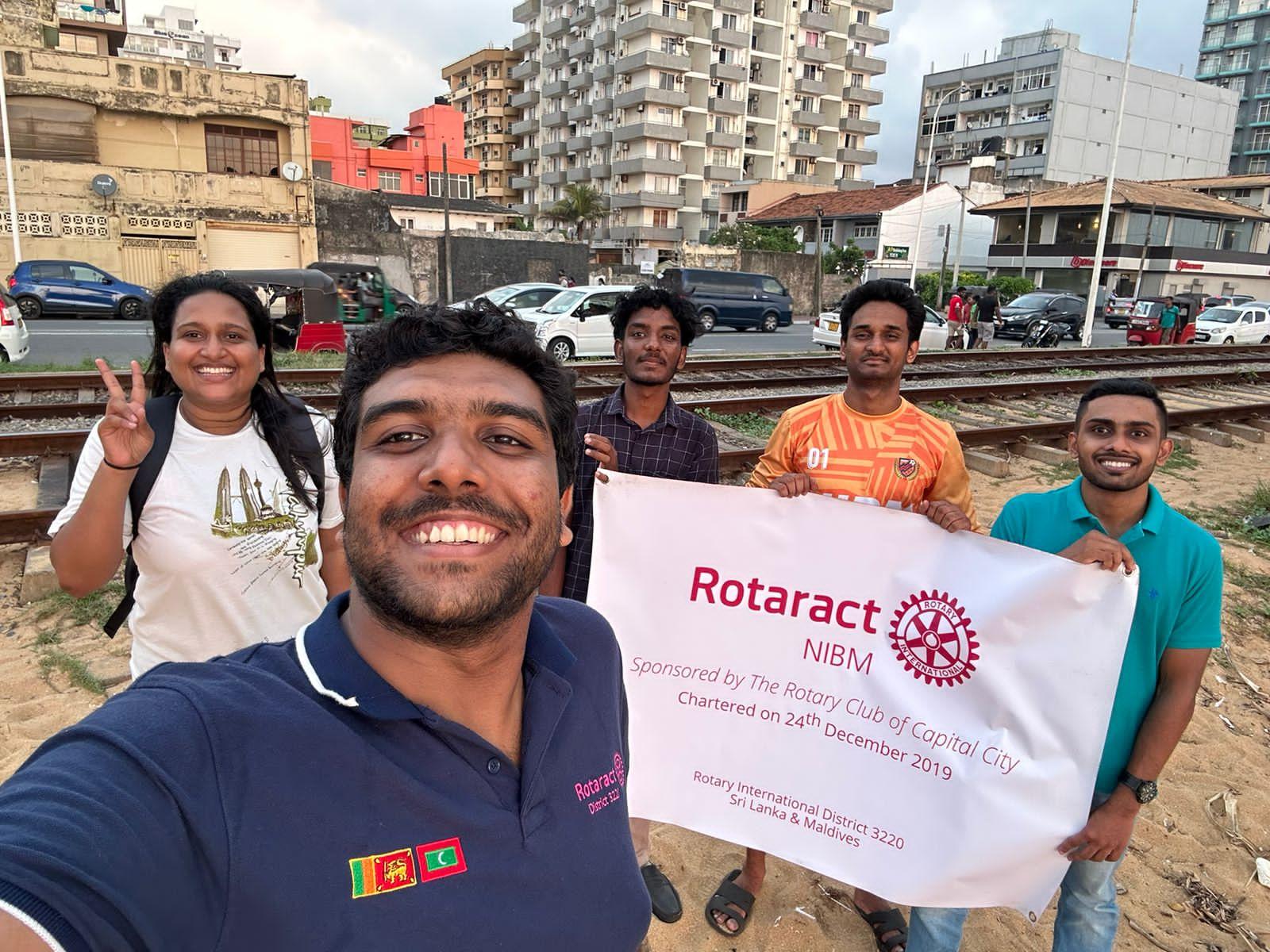
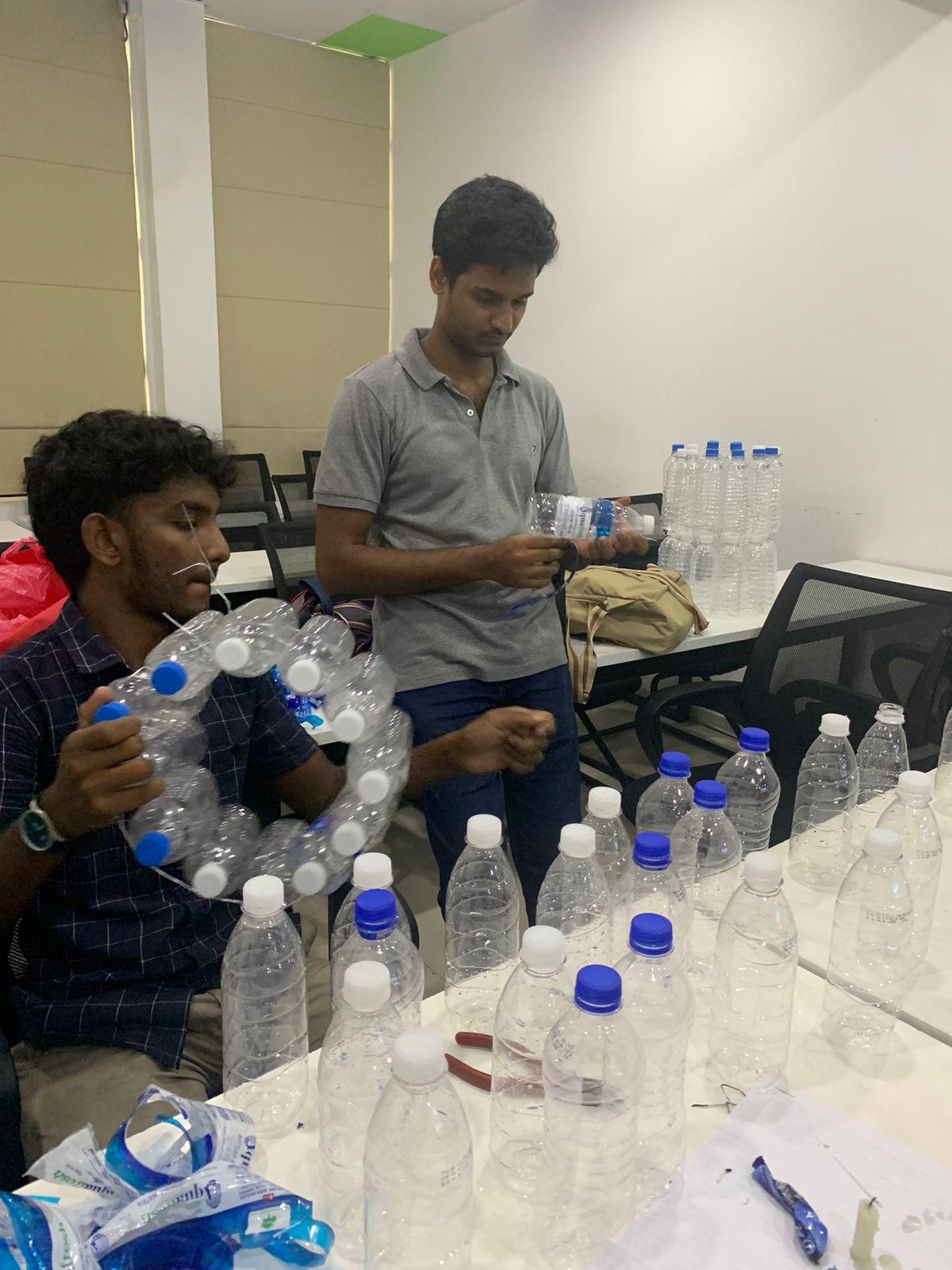
REPLAST
REPLAST is a project by the club that focuses on the 5 R’s: refuse, reduce, reuse, repurpose, and recycle. The project aims to educate the public on waste control and creative ways to use plastic. The club collected over 250 plastic bottles and created a garbage bin out of them, demonstrating different ways of reusing plastic. They also prepared educational fliers to promote responsible plastic disposal and usage. The project successfully provided a new perspective on sustainability and encouraged a healthier approach towards the environment for both the club members and the general public.